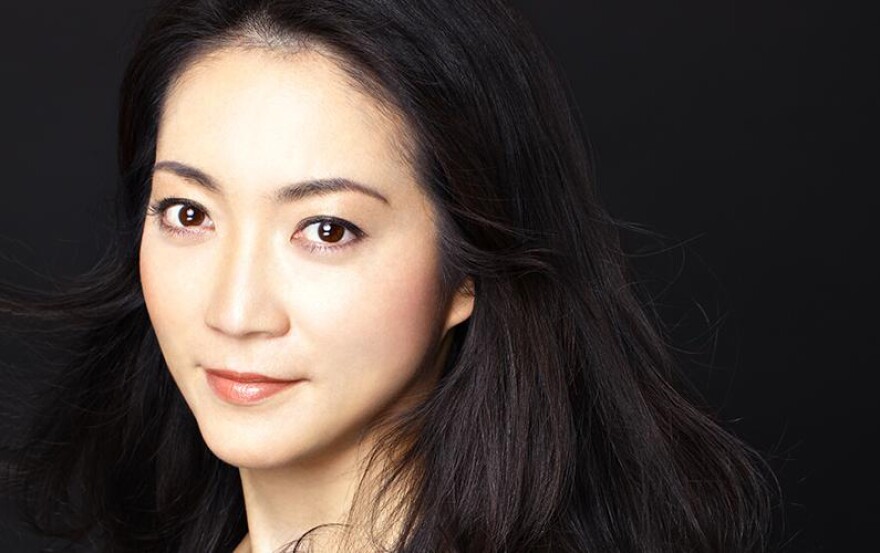A Japanese violinist who garnered international fame in 1990 as the youngest winner of the Tchaikovsky Competition continues her high-profile solo career while also taking music to places and people in need. WRTI’s Susan Lewis has more.
Radio script:
Music: Prokofiev, Violin Concerto No. 2 in G minor; Akiko Suwanai, violin, with The Philadelphia Orchestra
Susan Lewis: Akiko Suwanai was raised in Tokyo, but feels a personal connection to the music of Prokofiev and other Russian composers.
Akiko Suwanai: The main teacher of my musical education is Mr. Tusha-eto, who was trained at the Curtis Institute after the World War II.
SL: And his teacher? Russian-born Efrem Zimbalist, who taught at Curtis and was its director from 1941 to '61. Sawanai’s family also had a home in a port city in Japan, on the island of Hokkaido.
AS: In 1917, after the Russian Revolution, many of the Russian aristocrats came to this city and stayed for a little while, and then they went to America, so there is a lot of Russian culture in my family’s city.
SL: In addition to her concert career, Suwanai serves as artistic director of the International Music Festival Nippon, launched after the 2011 Japan earthquake and tsunami.
AS: Music is so powerful. I wanted to bring it to the places where it's usually not there. To the hospital, because they cannot get out. Or the places that completely vanished with this tsunami. They need music, you know.
SL: AkikoSuwani performs in concert on the Stradivarius "Dolphin" violin dating from 1714, once owned by JaschaHeifetz
FUN FACT: Why is Akiko's Suwanai's violin called the Dolphin? George Hart, one of its owners in the 19th century, was reminded of a dolphin by the instrument's distinctive coloring. He gave it the name, and it stuck! Today, the violin is owned by The Nippon Foundation, which loans it to violinist Akiko Suwanai.


